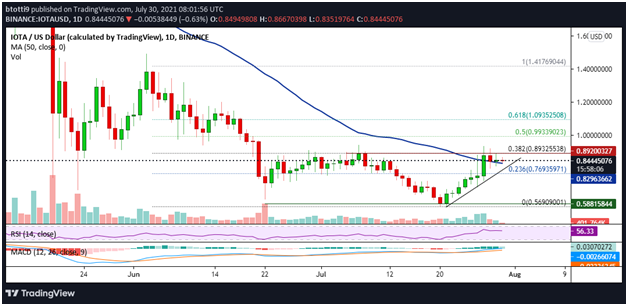您现在的位置是:Can ChatGPT help with breast cancer screening? A study finds out >>正文
Can ChatGPT help with breast cancer screening? A study finds out
上海品茶网 - 夜上海最新论坛社区 - 上海千花论坛8267人已围观
简介By subscribing, you agree to our Terms of Use and Policies You may unsubscribe at any time.The adven...
By subscribing, you agree to our Terms of Use and Policies You may unsubscribe at any time.
The advent of AI-backed language models like OpenAI's ChatGPT has created a keen interest among consumers, especially in the field of health, to gather medical advice. Now, researchers aim to evaluate these technologies to identify whether the information provided by artificial intelligence is reliable and accurate.

A new study conducted by a team at the University of Maryland School of Medicine (UMSOM) indicates that responses generated are often correct; however, there is a probability that it is inaccurate or even fictitious at times. The findings of the study are published in the journal Radiology.
The study was conducted by creating a set of 25 questions related to procuring advice for breast cancer screening. The team then ran each question to ChatGPT three times to analyze the responses generated. The answers were evaluated by three radiologists specialized in mammography, and they found that the responses were appropriate for 22 out of the 25 questions.
See AlsoOutdated information led to the chatbot providing an incorrect response with one question. The remaining two had inconsistent responses that varied significantly each time the same question was posed.
A significant achievement for an evolving AI-product
The researchers have expressed optimism regarding the possibilities of such a product being of help in the health sector. "We found ChatGPT answered questions correctly about 88 percent of the time, which is pretty amazing,” said Dr. Paul Yi, Assistant Professor of Diagnostic Radiology and Nuclear Medicine at UMSOM and the study's author, in a press release. The team added that the chatbot could help summarize the information into passages that were easy to comprehend for average readers.
According to the team, the AI-bot correctly answered questions about the "symptoms of breast cancer, who is at risk, and questions on the cost, age, and frequency recommendations concerning mammograms."
Responses are not comprehensive in the area of reference
On the downside, researchers have highlighted that the information provided is not exhaustive or based on all possible references to the matter available online. “ChatGPT provided only one set of recommendations on breast cancer screening, issued from the American Cancer Society, but did not mention differing recommendations put out by the Centers for Disease Control and Prevention or the U.S. Preventative Services Task Force,” said study lead author Hana Haver, MD, a radiology resident at University of Maryland Medical Center.
What is more surprising is that, ChatGPT can often create fake journal articles or health consortiums to support its claims. "Consumers should be aware that these are new, unproven technologies and should still rely on their doctor, rather than ChatGPT, for advice,” said Dr. Yi.
The team is in the process of analyzing how ChatGPT fares for lung cancer screening recommendations and evolving ways in which ChatGPT can improve its accuracy, making it more comprehensive and "understandable to those without a high level of education."
Tags:
转载:欢迎各位朋友分享到网络,但转载请说明文章出处“上海品茶网 - 夜上海最新论坛社区 - 上海千花论坛”。http://www.jz08.com.cn/news/9973.html
相关文章
BNB recovery looks sustainable as the price aims for $326 resistance again
Can ChatGPT help with breast cancer screening? A study finds outBinance coin has started a bullish reversal at the $277 support.Cryptocurrencies are mixed in an unc...
阅读更多
Solana (SOL) struggles at a crucial resistance – Here is why it could drop further
Can ChatGPT help with breast cancer screening? A study finds outSolana (SOL)has struggled to report any gains after trading in losses over the last three sessions i...
阅读更多
$371K in USDC stolen in an Avalanche flash loan exploit
Can ChatGPT help with breast cancer screening? A study finds outAvalanche-based lending protocol Nereus Finance was hacked and $371K in USD Coin (USDC) was stolen....
阅读更多
热门文章
- World's only commercially available hydrogen fuel cell exhibited at CES 2024
- Tracking the crypto rally: 3 coins that have surprised us
- Floating wind tech gets a boost: Gazelle & Tugdock team up
- Bitcoin leads others in an unexpected downturn
- New device can restore old PV panels to their former glory
- Bitcoin mining difficulty hits all
最新文章
1xBit accepts Cosmos (ATOM) for payments
Optimism price crawls back as Perpetual Protocol rebounds
NearPay launches its virtual crypto cards and wallet apps
JPMorgan teams up with six Indian banks to build a blockchain
Robinhood CEO on how Dogecoin can be improved to outperform VISA
Near Protocol (NEAR) jumps over 8%: here’s the reason why